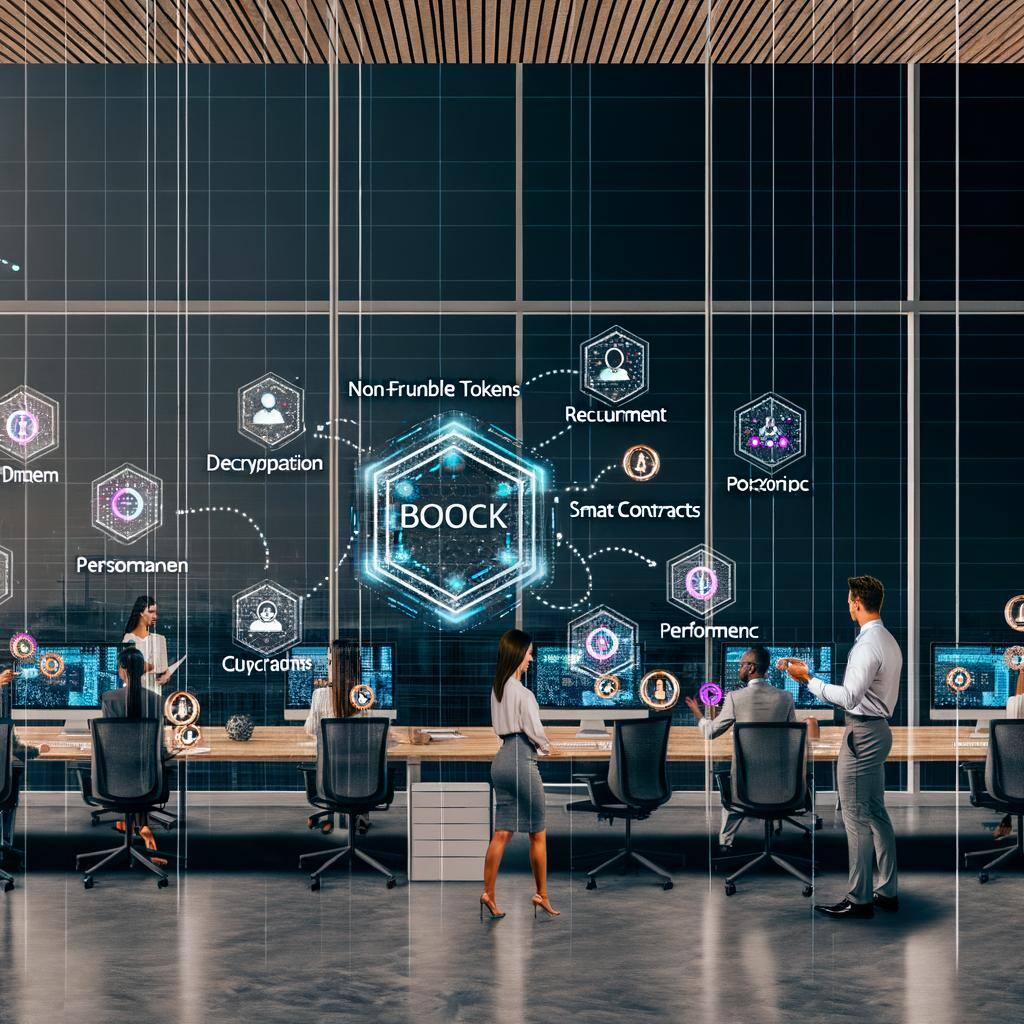Explore how Web3 is set to transform human resources, making processes more transparent, efficient, and secure.
Understanding Web3 and Its Potential in HR
Web3, often referred to as the decentralized web, leverages blockchain technology to create a more transparent and user-centric internet. Unlike Web2, which relies on centralized platforms, Web3 promotes decentralized applications (dApps) that operate on blockchain networks. This shift has the potential to revolutionize various sectors, including human resources (HR).
In HR, Web3 technologies can address longstanding issues such as data privacy, transparency, and inefficiencies. By moving HR functions to decentralized platforms, organizations can ensure that sensitive employee data is more secure and that processes such as recruitment, onboarding, and performance management are more transparent and efficient.
Enhancing Data Security and Privacy in HR Through Blockchain
Data security and privacy are critical concerns for HR departments, given the sensitive nature of employee information. Traditional Web2 systems often struggle with data breaches and unauthorized access. Web3, utilizing blockchain technology, offers a solution by providing a secure and immutable ledger for data storage.
With blockchain, employee records can be encrypted and stored on decentralized networks, reducing the risk of data breaches. Additionally, smart contracts can automate data access permissions, ensuring that only authorized personnel can view or modify sensitive information. This level of security is unparalleled in current Web2 systems.
Streamlining Recruitment and Onboarding with Decentralized Systems
The recruitment and onboarding processes can be cumbersome and time-consuming in traditional HR systems. Web3 technologies, through decentralized platforms, can streamline these processes by automating various tasks and ensuring greater transparency.
For instance, blockchain can be used to verify candidate credentials and work history, reducing the time and effort required for background checks. Decentralized platforms can also facilitate seamless communication between employers and candidates, making the hiring process more efficient. Additionally, smart contracts can automate onboarding tasks such as document verification and contract signing, ensuring a smoother transition for new hires.
Improving Employee Engagement and Performance with Tokens and NFTs
Employee engagement and performance management are crucial for organizational success. Web3 technologies introduce innovative ways to enhance these areas through the use of tokens and non-fungible tokens (NFTs).
Organizations can create token-based reward systems to incentivize employees for achieving goals or demonstrating exceptional performance. These tokens can be traded or redeemed for various benefits, fostering a sense of ownership and motivation among employees. NFTs can be used to recognize and celebrate employee achievements, creating unique digital badges or certificates that can be showcased within the organization or on professional networks.
Future Trends: The Impact of Web3 Technology on Global HR Practices
As Web3 technologies continue to evolve, their impact on HR practices is expected to grow significantly. Global HR practices will increasingly rely on decentralized platforms to manage cross-border teams, ensuring compliance with diverse regulatory requirements while maintaining data security and transparency.
Moreover, the rise of decentralized autonomous organizations (DAOs) could redefine traditional HR roles, with employees having greater input and control over organizational decisions. This shift towards a more democratic and transparent workplace culture could lead to higher job satisfaction and employee retention. As organizations adapt to these changes, Web3 technologies will play a pivotal role in shaping the future of HR.
.png?width=1080&height=608&name=Xceed3%20(1).png)


